2023-2024 IUPLR/UIC Mellon Fellows
Kevin W. Cruz Amaya
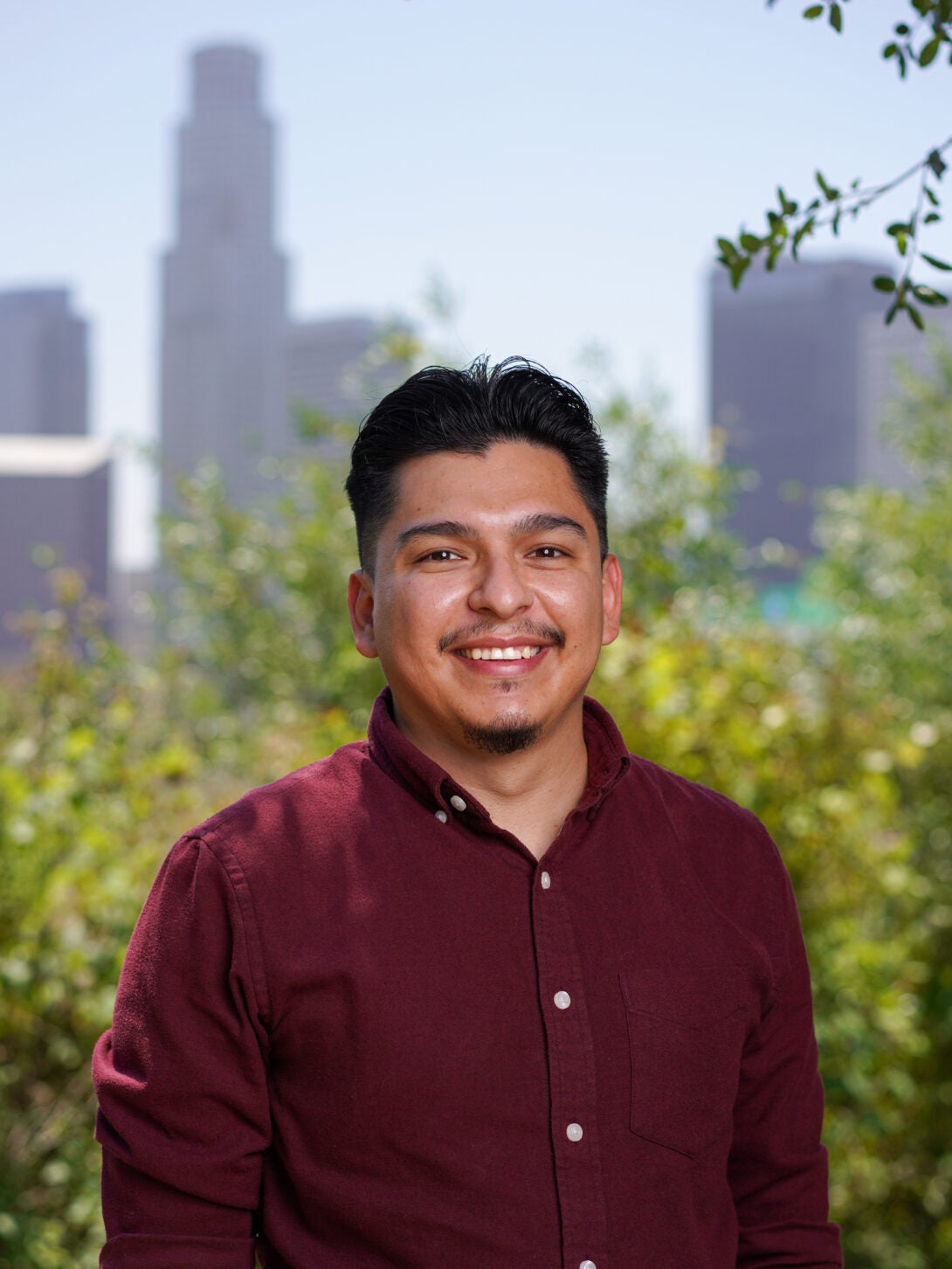
Dr. Kevin W. Cruz Amaya is an Assistant Professor of Latina/o Studies at Williams College. He earned his Ph.D. from the Department of Chicana/o and Central American Studies at the University of California, Los Angeles. His current book project, tentatively titled Magulandia: Chicana/o Whimsicality and Decolonial Worldmaking in the Work of Gilbert “Magu” Luján, is a monographic study of the artistic, political, and intellectual contributions of Chicano artist Gilbert “Magu” Luján. His project intervenes in the study of Chicana/o art by highlighting the central role artists like Luján played in the worldmaking impulses of the Chicano civil rights movement. In it, he argues that Luján’s alternative world of “Magulandia” simultaneously uses indigeneity, humor, and fantasy to actively imagine and realize an inclusive world through an affirmation of Indigenous ancestry in the past, present, and future, offering a decolonial sense of belonging for Chicana/o and Latina/o communities. He has also written about visual solidarity in political graphics by Chicana/o/x artists with U.S. Central American communities in San Francisco.
Kevin W. Cruz Amaya’s mentor: Dr. Tatiana Reinoza (Assistant Professor, Art History, University of Notre Dame)
Raquel Flecha Vega

Raquel Flecha Vega is a Ph.D. candidate in the Department of Art History at the University of Illinois Chicago, studying Modern and Contemporary U.S. art with a focus on Latinx/a/o artists. Her dissertation “The Identity Biennial and the Politics of the Interstice” examines the landmark 1993 Whitney Biennial of American Art and the aesthetic and conceptual strategies Latinx artists used to bridge political divides during the rise of neoliberal cultural politics at the end of the twentieth century. Specifically, she focuses on how artists deployed liminality through audio splicing, graphic image transitions, and the photographic partition to answer the call for American art that differed significantly from those proposed by multiculturalist policies and culture war debates. Broader areas of interest include aesthetics and its intersection with identity, politics, market society, and exhibition and museum studies. She earned her M.A. in Colonial Latin American Art from the University of Colorado at Boulder with a graduate concentration in Comparative Ethnic Studies and a B.A. in Art History from Smith College.
Raquel Flecha Vega’s mentor: Dr. Theresa Avila (Assistant Professor, Non-Western Art History, California State University, Channel Islands)
Salvador Herrera
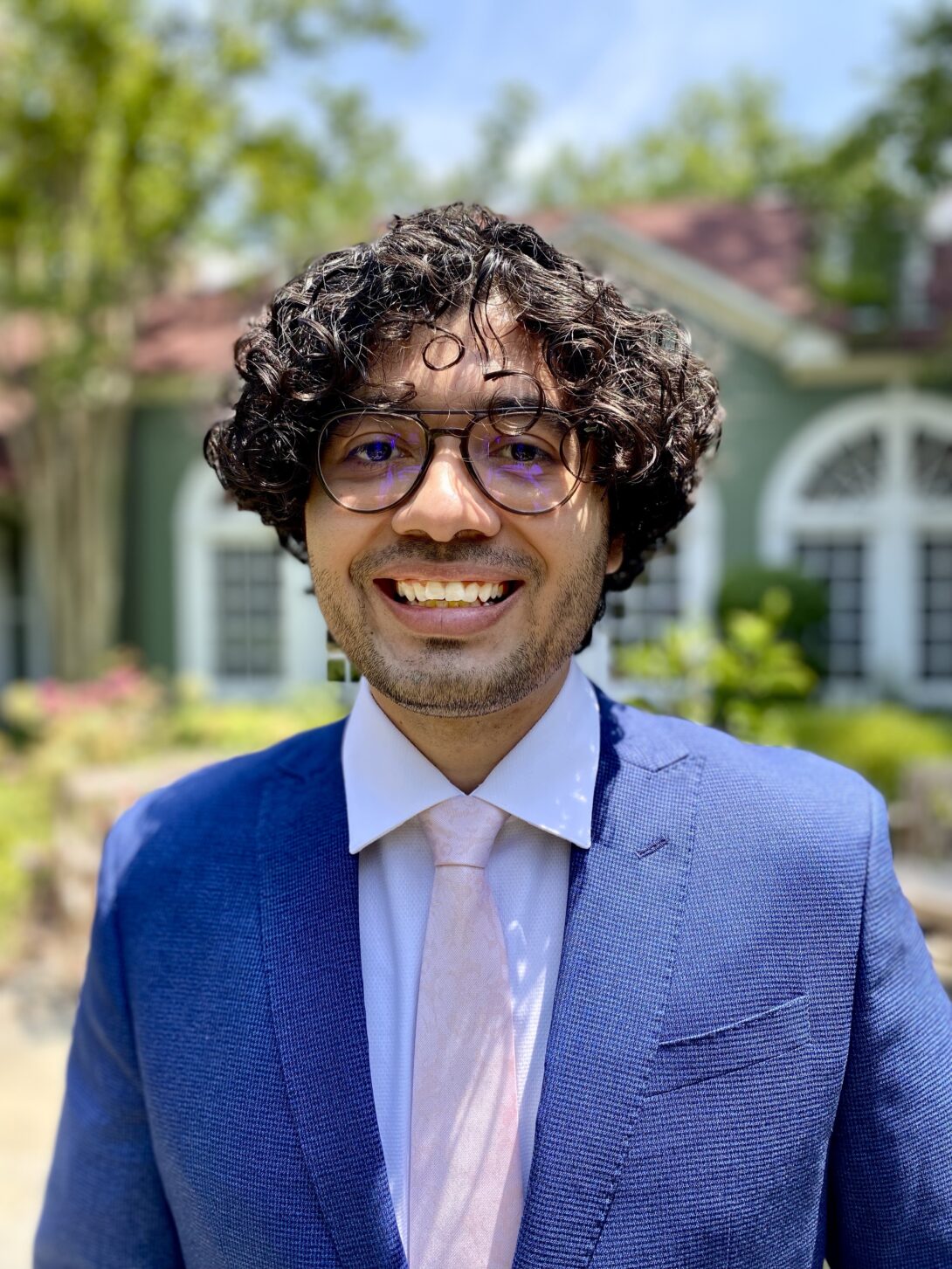
Dr. Salvador Herrera is an Assistant Professor of Latinx Literature and Cultural Production in the University of Oregon’s Department of English. He earned his Ph.D. in English from the University of California, Los Angeles. His research and teaching traverses Literary, Performance, and Latinx Studies. Specifically, he analyzes transborder aesthetics to theorize queer life. His work is informed by Chicana feminism, world-systems theory, psychoanalysis, and aesthetic decipherment. Herrera maintains research interests in Queer Theory, Trans Studies, New Materialism, and Border Studies. He is actively developing a theory of “queer transitivity” for his first book manuscript.
Salvador Herrera’s mentor: Dr. Iván A. Ramos (Assistant Professor, Department of Theater Arts and Performance Studies, Brown University)
Tor Negrete
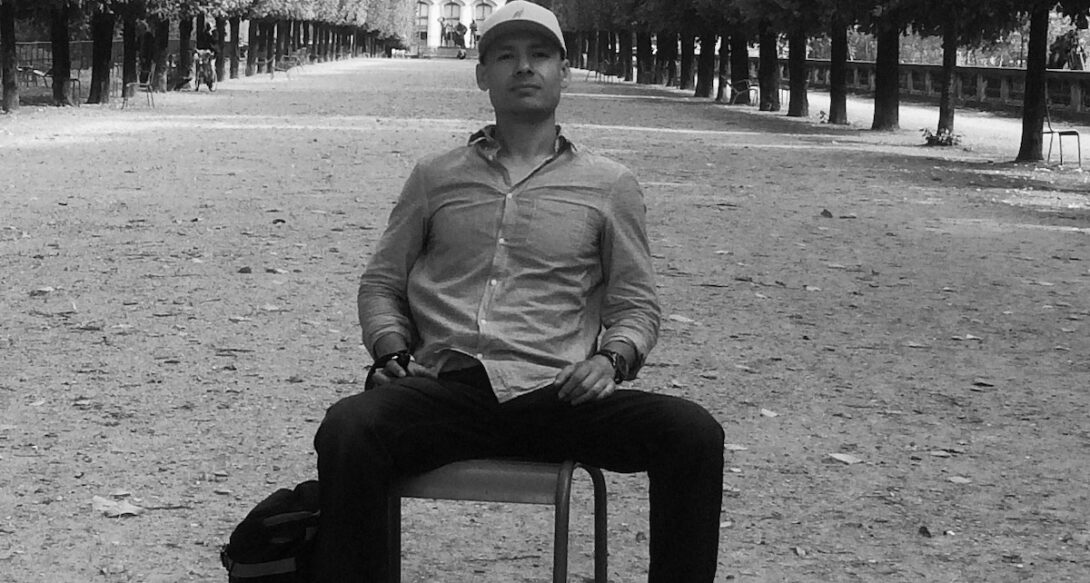
Tor Negrete (he/him/his) is a Ph.D. candidate in the Department of Film, Television, and Digital Media at UCLA. His research aims to examine the politics of media and technology and their impact on Latinx communities. Tor’s dissertation project “Beyond The Headset: Borders, Frontiers, and The Politics of Immersive Technologies” examines the historical use of immersive technologies in the technological construction and policing of the U.S.-Mexico border to its current virtual and biometric capacity. He also integrates his research interests and scholarship into media practice through the production of narrative films, documentaries, and new media content.
Tor Negrete’s mentor: Dr. Iván Chaar López (Assistant Professor, American Studies, University of Texas at Austin)
Narcisa Núñez
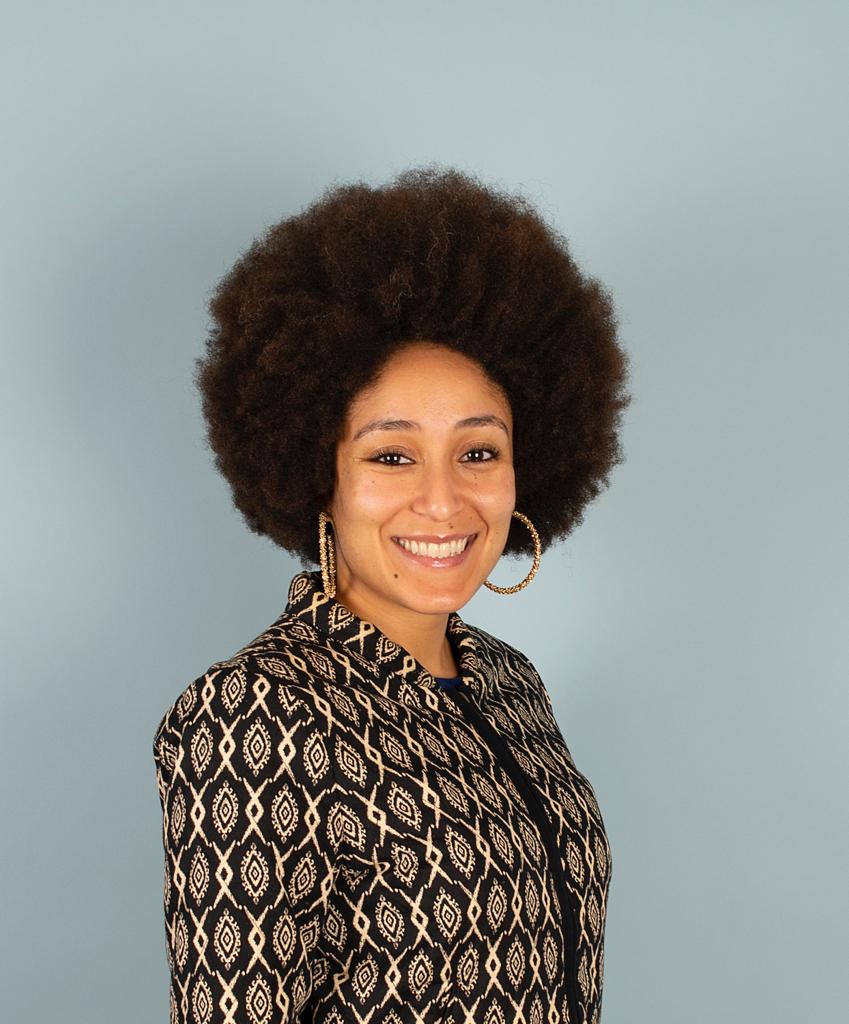
Narcisa Núñez (she/her) is an interdisciplinary scholar whose research focuses on the memory and legacies of the Trujillo dictatorship in the Dominican Republic. Her dissertation “Memories of the Trujillo Dictatorship in Cultural Productions of the Dominican Diaspora” (working title) examines the cultural productions of the Dominican diaspora, such as visual art, literature, and performance art, that reflect and resist the legacies of the dictatorship. By using a multi-method approach that consists of artist interviews, public observations, archival research, and critical analysis, her research uncovers how the Dominican diaspora’s articulations of memory complicate the established history of the dictatorship, unearthing the traumatic past and its enduring legacies of erasure which dominate the island’s cultural and political landscape today. Núñez is a Ph.D. candidate at the University at Albany in the Department of Latin American, Caribbean and U.S. Latino Studies. Her research has been supported by the Smithsonian Institution’s Latino Museum Studies Program, the CUNY Dominican Studies Institute, the Social Science Research Council/National Endowment for the Humanities, and most recently, the ISLAA Forum: Latin American, Latinx Art and Visual Culture Dissertation Workshop at the University of Texas, Austin’s Center for Latin American Visual Studies (CLAVIS).
Narcisa Núñez’s mentor: Dr. Omaris Z. Zamora (Assistant Professor, Department of Latino and Caribbean Studies, Rutgers University)
Allison Sáenz
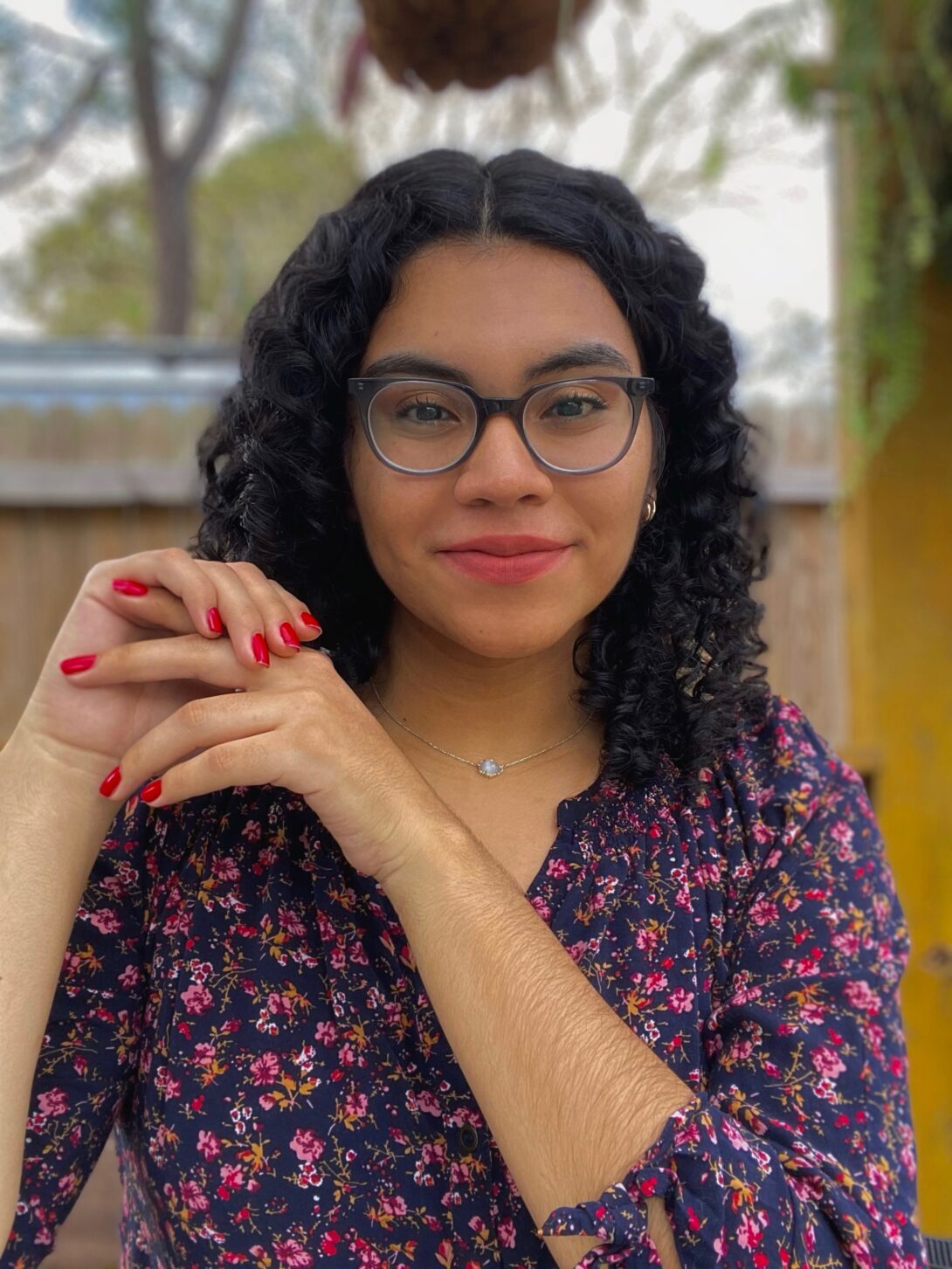
Dr. Allison Sáenz (she/her/ella) is a Honduran-Costa Rican-American scholar. She earned her Ph.D. from the Department of History at the University of Houston where her research spanned Latina/o/x, immigration, and public history. Her dissertation “Being a U.S. Central American: Immigration, Culture, and Ethnicity in Houston, Post-1965” blends both political and cultural histories in order to examine the history of Central Americans in one of the nation’s largest urban centers. Set against the backdrop of late-twentieth-century immigration policy, her research examines the effects of policy, but ultimately shows how policy did not, and does not, define the lives of U.S. Central Americans as they settled, adapted, and built a flourishing community in Houston. Previously, Allison has held a Latino Museum Studies Predoctoral Fellowship with the Smithsonian’s National Museum of the American Latino.
Allison Sáenz’s mentor: Dr. Kency Cornejo (Associate Professor, Art History, University of New Mexico)